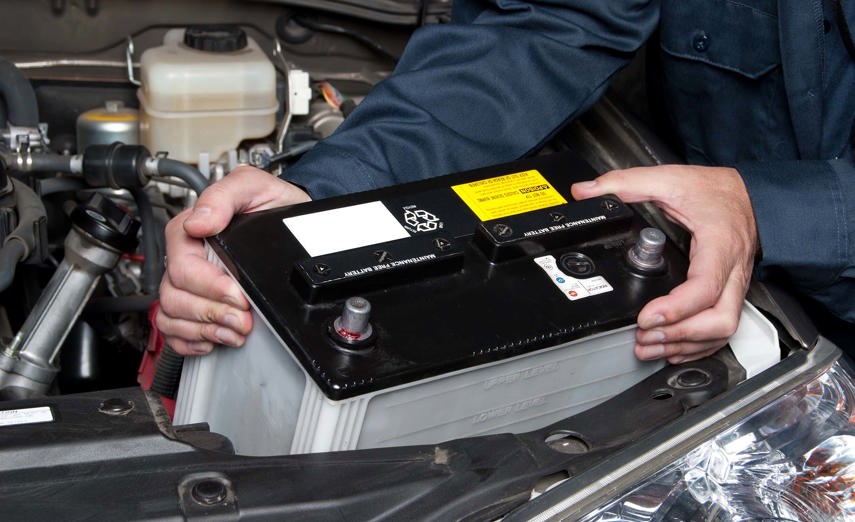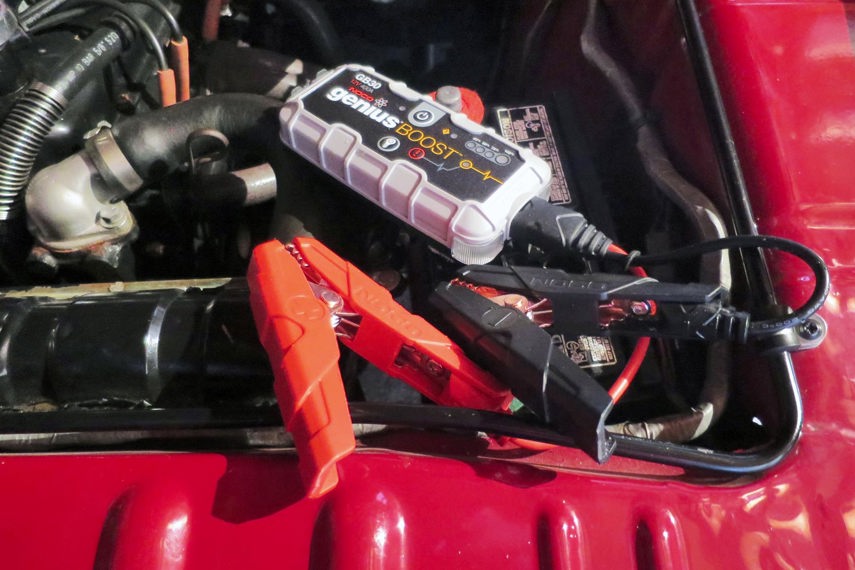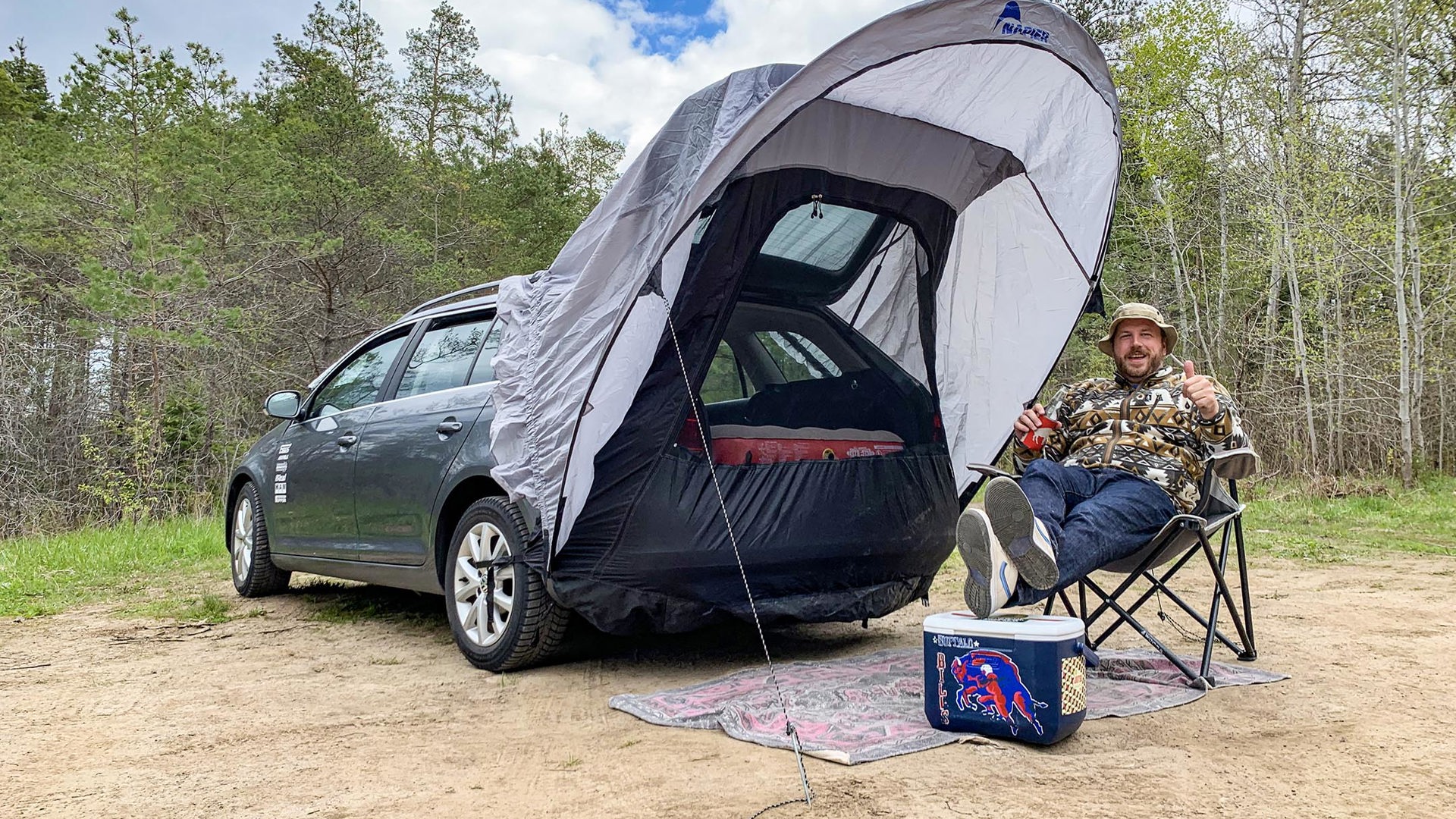To tent or to car – that’s the question if you’re like me and don’t own a trailer, not to mention a vehicle that can tow one in the first place.
So what do you do when it’s time to go camping? Well, you can go the conventional route and get a tent. But if you aren’t fond of the idea of sleeping on the ground, there are ways to incorporate your vehicle so you can stay high and dry.
Whether you’re new to the world of camping altogether, or just the world of camping with your car, these tips should have you well on your way to outdoor bliss.
1. Gimme Shelter
Tents are compact and portable, but if you don’t like the idea of sleeping on the ground and you own a vehicle that’s capable, there are a few options to make a shelter out of both. Of course, rooftop tents are cool, but they’re also quite expensive and can cost thousands of dollars.
There are, however, a few more affordable alternatives on the market that slip over the tailgate of an SUV or wagon. Mine is a basic awning-style shelter, though it still provides enough space to sleep on an air mattress in the back of my Volkswagen Golf wagon.
A word to the wise: sleeping in your car means finding another solution for stashing your food at night to keep it away from critters, but there’s always the option of using a couple smaller ones that you can toss on the front seats.

2. A Little Privacy, Please
Whether you’re sleeping in your car or simply using it for storage, it can get quite hot inside with the sun beating down all day long. Not only will reflective covers keep the sun out, but they’ll also provide some much-needed privacy when you’re sleeping inside or changing into your swimsuit.
3. Bring a Cheap Carpet or Two
I’m no glamper, but there’s nothing worse than tracking a bunch of dirt inside your tent or car – especially if you’re sleeping in it. That’s why I bring a couple cheap outdoor carpets when I’m camping so I can kick my shoes off before I climb in. It might seem like a strange tip at first, but you’ll thank me later.

4. Be Battery Aware
Whether you’re sleeping in your car or just using it for storage, chances are you’re going to be spending lots of time opening and closing the doors during your trip, or even using it to listen to music.
That’s all a quick way to a dead battery, so your best bet is to shut off the interior light sensors so they don’t turn on every time you open the door – but sometimes that doesn’t even go far enough. Take my Golf, for example; every time a door is opened it triggers the ECU, which stays on for about five minutes at a time. That can easily drain a battery – especially an old one (I’ll give you three guesses how I figured that out).
If you’re planning to use your car for camping or tailgating on the regular, you’d be wise to shell out for a deep-cycle battery that can better withstand the rigours of this kind of use. Even then, I’d recommend disconnecting the battery if you’re sticking around for more than a night; but before you do, make sure you roll down the windows a bit and blow up your air mattress, and keep a foot pump around to top it up.

5. Boosters Are Your Friends
Whether or not you disconnect the battery, you just never know. That’s why you should always keep a set of booster cables in your car – and that’s true whether you plan to go camping or not. There’s usually room to stash them with the spare tire under the trunk floor so they’re out of the way when you don’t need them, but they’re invaluable when you do.
In addition to booster cables, I always keep a small booster pack with me in case something goes wrong and there’s no one around to give me a boost to begin with. Believe it or not, a quality booster the size of a pencil case can boost anything from a V8 pickup to my diesel wagon, so it’s always good to have around. And as an added bonus, they almost always have built-in USB ports, so you can charge your phone with it, too.
If you’re new to the world of camping, trust me – you’re going to love it. Well, not all of you. In fact, some of you are going to hate it. But these tips should make the experience about as painless as possible so you can enjoy the great outdoors in comfort.

